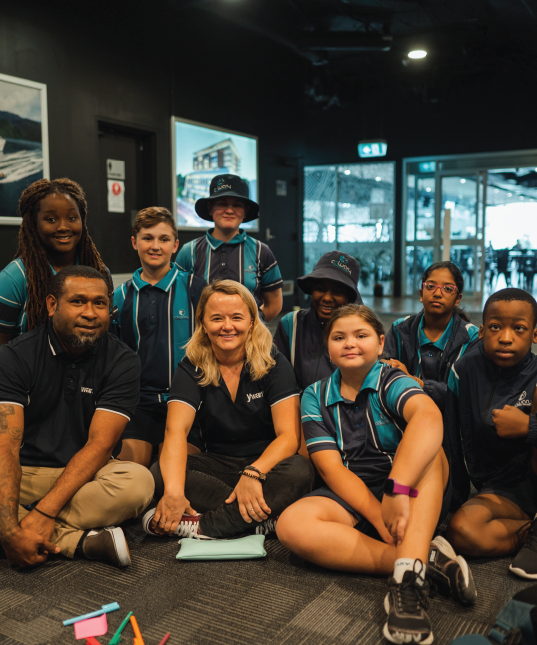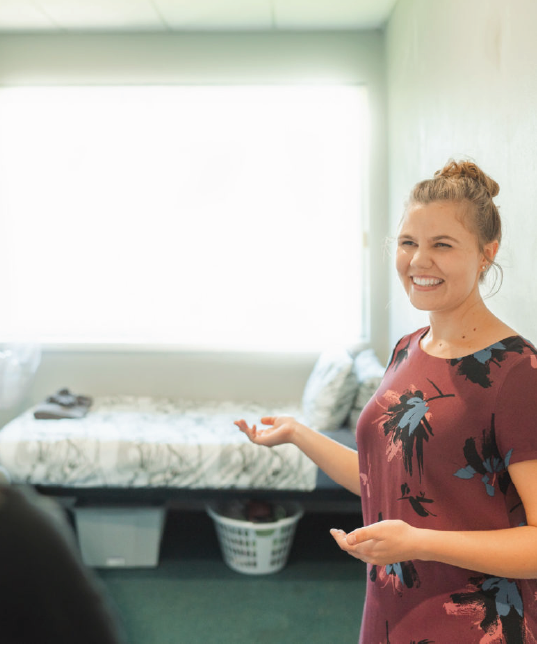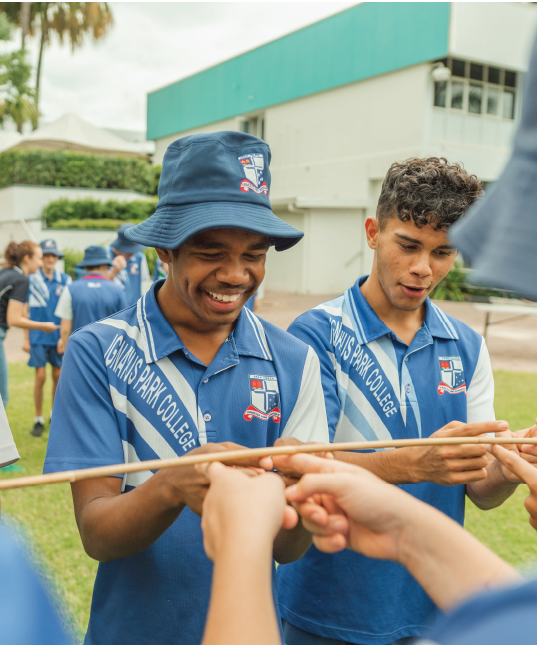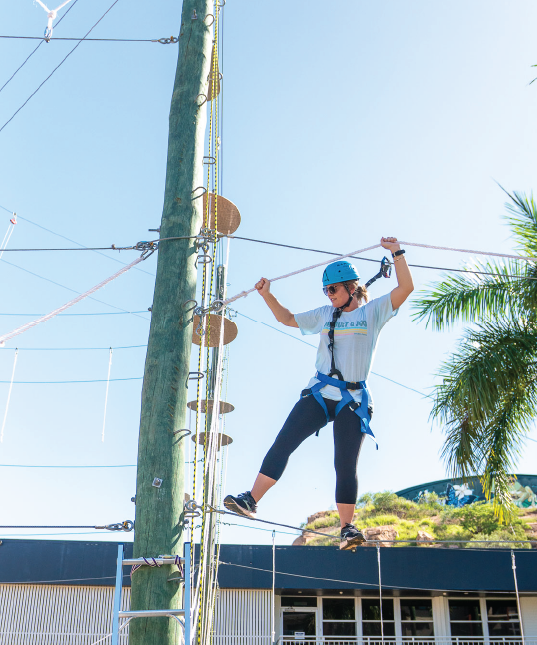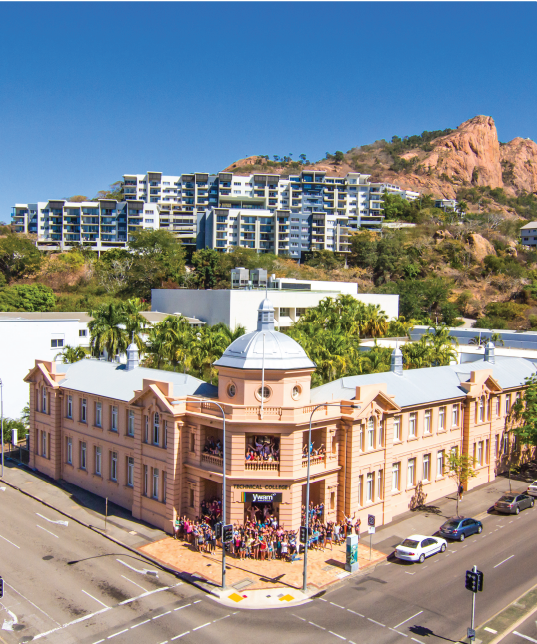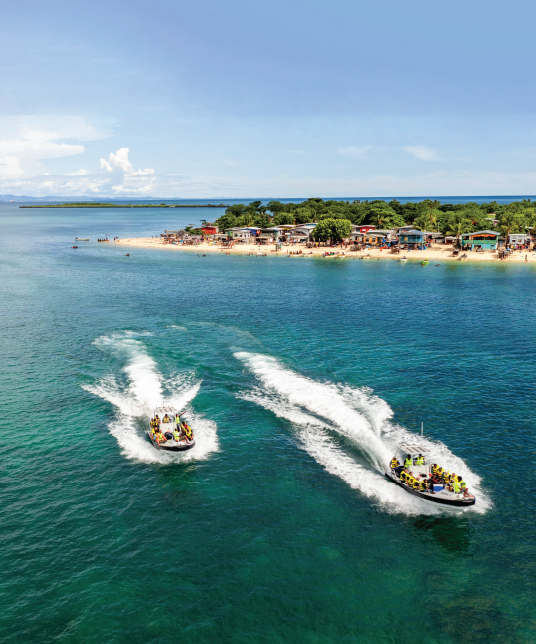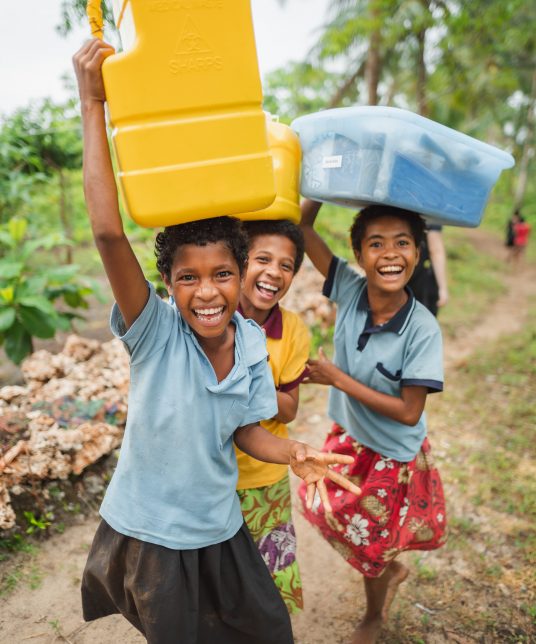It was a routine morning of clinics as staff and volunteers set up supplies, organized their stations, and settled into their roles. An hour in to the day and we had a radio call from the ship with some exciting news. A man had paddled in his dugout canoe to the ship in order to find help for his wife who was in labour in Upati, a near-by village.
We arrived in the zodiac and were greeted by the village people waving and cheering from the shore. They took our hands and helped us through a clearing of broken branches and small fire pits until we rounded a corner where we met Aipa.
She was a stunning woman; strong and bright-eyed, and a young mother of five. In no way did she look like she had just laboured and given birth. But she had.
There, on the board next to her, was a tiny baby boy who had come earlier in the morning. He looked perfect.
Our midwives examined both Aipa and her son and were pleased to see that they were both fit and healthy after a wonderfully uneventful birth. Since we only had our small birthing backpack with us, we weren’t able to weigh the baby, but he appeared to be a healthy boy of nearly three kilograms. We were all thrilled to see both mother and child thriving. The baby was responsive and nursing well, and Aipa was grinning with obvious love for her newest son.
When we asked if he had a name yet, some of the women ran to find Aipa’s husband, Maia. Moments later he appeared beaming with pride. “Elijah!” he proclaimed, and we all threw our arms up and cheered.
Last year, also in the Bamu River region, was the first time our team experienced a “bush birth” of this sort. At the time none of our workers had ever seen birth under such conditions. It was raining, muddy, and frankly the last place you would expect to find someone giving birth. We were shocked to learn that what we consider to be terribly unsafe is considered normal in this area. This year, we spent more time preparing for what we might encounter.
By contrast, Aipa’s birth seemed far cleaner and safer than what we witnessed last year. Yet realistically, she was only sitting on a few small boards, barely under shelter of a few strategically placed palm fronds.
It must have been all of the green surrounding her that softened the reality of the unsafe conditions; but it felt drastically different than the mud and blood that we associate with Bokoro’s birth last year.
We continue to encourage and educate women in this region about the importance of going to a health station or aid post to give birth, and yet for hundreds of years this is how they have been accustomed to delivering children into the world.
To bring change in this aspect is not a straight-forward or overnight endeavour. It will take years of highlighting the risks of unattended birth, and educating women and their husbands about personal hygiene and safe birthing environments. Although we are aware that change will not come easily, we are convinced that change will come and is, in fact, coming to the Bamu River region.
Today we celebrated life with an entire village. Elijah has arrived and is snuggled up safely just where he belongs – in the arms of his mother, Aipa.
By: Adriel Booker











